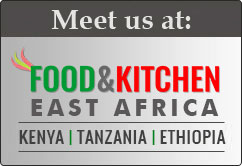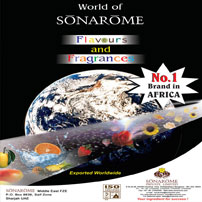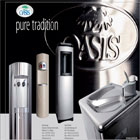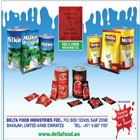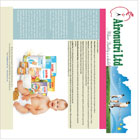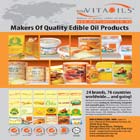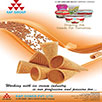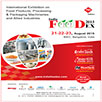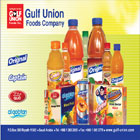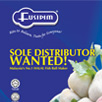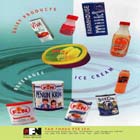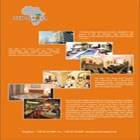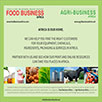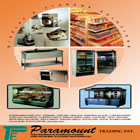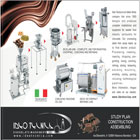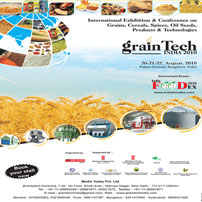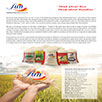

M a r k e t N e w s
Ethiopia: Technological Innovation for Better Agricultural Yields
Posted on : Thursday , 18th August 2016
Understandably Ethiopia's agriculture is characterized by subsistence and rain-fed farming and as such when it faces extreme weather conditions, the situation could make a turn for the worse.
On the other hand, feeding the ever growing population is a challenge. Thus bolstering the sector with technology is a necessity than an option.
According to experts, technologies could be imported from outside or developed from traditional knowledge. They could be either ideas or tools. Increasing the plant population per hectare, planting in the row and systematic preparation of land are categorized as ideas.
Introducing inputs which enhance mineral ingredients of soil and eliminating pests and herbs etc. are the material aspect of the technology. Considering the contribution of crop productivity for the nation's economy and enhancing farmers' income, the government, for long, has been trying its level best to transform the sector. Establishing institutions such as the Agricultural Transformation Agency, the Ethiopian Agricultural Research Institute and the Ministry of Agriculture and Natural Resources can be mentioned as instances. So far they have been redoubling their effort to meet their objectives and some encouraging results have been registered.
In this approach agricultural technologies first will be researched and gathered from local and outside sources. Before their introduction to farmers assessment regarding their feasibility and validity will be carried out for almost two years. After approval they will be disseminated to pertinent stakeholders. Currently, in selected productive areas, Agricultural Commercial clusters have been established. They are transferring better technologies to farmers. By now, commercially feasible crops such as wheat, which can be utilized for producing macaroni and bread, barley used for brewery also haricot-bean, sesame and teff are planted with the support of new technologies. Enhancing productivity is realized.
The farmers engaged in such practices envisage set targets based on the package. Traditionally farmers in the area produce 21quintals per hectare and the package is aimed at enhancing productivity by threefold. In some parts the targeted goal is being achieved. The production of maize can also be raised from 20 quintals per hectare to 90 quintals per hectare through utilizing the technology. However, to replicate the achieved result by million farmers, still there is a lot to be done. Among the inputs utilized in the package, urea and NPS fertilizer play crucial role in achieving the target because they enrich the soil mineral content.
Currently, across the country, farmers' fertilizer utilization capacity is the least as compared to other developing countries. That is 100 kg urea and 100 kg NPS per hectare. But if the amount of fertilizer applied such as urea, which has abundant nitrogen, is increased productivity per hectare can be possible. The application of farming technology should depend on climatic factors of the agro-ecology. In the area where sufficient rainfall is available the the application of the technology should go in line with the situation. Similarly, in the drought prone areas, the technology should be derived from the prevailing situations.
In addition to fertilizers, one of the inputs that has to be taken as boosting yield is the utilization of herb and insecticides. These chemical inputs are very essential in order to protect the crop from the ravages of diseases and they are proved to be environment friendly which never harm the soil or water. Right after the planting task, up to the 40th day, the young plants need protection and care like a baby. However, still farmers employ their traditional methods to protect the plants from the destruction of herbs and insects. They remove herbs from the farm laboriously on their own way and try to defend insects. But, more often than not, their effort proves futile.
After the planting task, after 20 days, removing pests should be handled because the herbs already exist in the soil and when it rains enabling condition will be created for them. Utilizing that as a hot bed they begin to consume the soil mineral enriched by fertilizer and rapidly grow. As opposed to this, the young crops will be deprived of the fertilizer, for it will be snatched by herbs, which send deeper roots. As a result, productivity will be hampered. The other thing that need attitudinal change is the engagement of farmers in protracted cultural events, say for a month, dishearteningly in pick hours of farming.
While young crops struggle with pests to get soil nutrients, the absence of farmers in plots leave the soil nutrients to be eaten by pests. On the other hand, the preoccupation of farmers in teff and wheat planting, 40 days after the planting of maize, forces them no to pay attention for removing herbs from maize farms. As a result, the expected result might not be achieved.
Hence, to maintain productivity all constraints should be averted in the operational yield time and for that all stakeholders must stand together.
Source : allafrica.com


